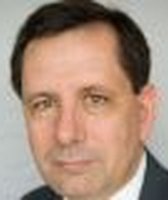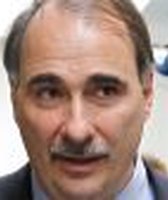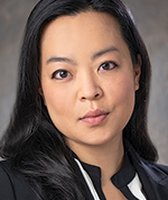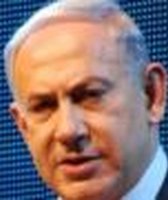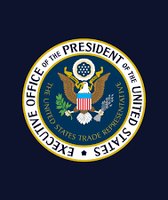Get PolitiFact in your inbox.
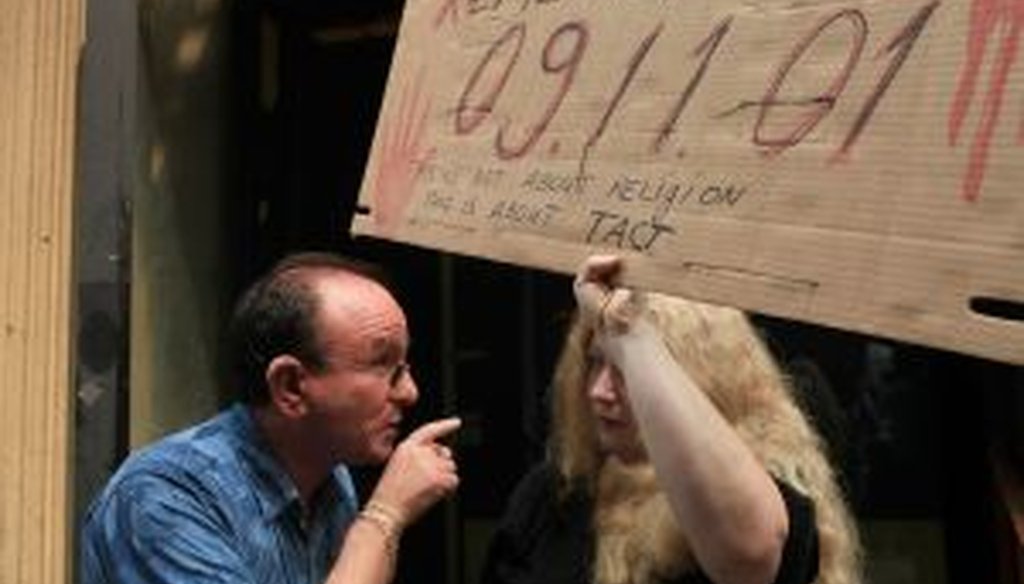
Two people debate outside the proposed site of the mosque and cultural center, which is blocks from Ground Zero in New York City.
In the highly-charged and sweeping national debate over a proposed mosque near Ground Zero, facts are often muddled at the expense of emotional appeals.
With everyone from Sarah Palin to President Barack Obama weighing in on religious freedom, tolerance and sensitivity, PolitiFact decided to add some fact-checking to the discourse.
Let's start with the phrase "Ground Zero Mosque," a media-created shorthand used by a number of political figures discussing the propriety of the mosque's proposed location.
Rick Scott, a Republican candidate for Florida governor, used it in a recent campaign ad, stating: "Mr. President, Ground Zero is the wrong place for a mosque."
But the proposed mosque is not at or on Ground Zero. It does not directly abut it or overlook it.
Sign up for PolitiFact texts
It is near Ground Zero.
How near? Just over two blocks. Two long blocks, in fact. The Washington Post noted that the location is "roughly half a dozen normal lower Manhattan blocks from the site of the North Tower, the nearer of the two destroyed in the attacks."
"You can't see Ground Zero from our current building and on completion of our planned building some years from now, there won't be any views of the Ground Zero memorial from the building," said Sharif El-Gamal, owner of the building and developer of the Park51 project, in an interview with an Islamic news site.
But it is close enough to have symbolic import, a fact that was not lost on those trying to build there.
"We want to provide a counter momentum against extremism," said Daisy Khan, wife of Imam Feisal Abdul Rauf, who would lead the mosque, in a Newsweek interview. "We want peace, and we want it where it matters most. This is where it matters most."
While we're considering the term "Ground Zero Mosque," we also wondered whether it was proper to call the project a mosque. A mosque is, in fact, planned there, but it's part of a plan for a much larger, $100 million cultural center that includes a swimming pool, gym and basketball court, a 500-seat auditorium, a restaurant and culinary school, a library and art studios. Organizers say the center would be open to all New Yorkers, regardless of faith, and would promote cultural diversity. But the center would be geared toward "engaging New York's many and diverse Muslim communities and promoting empowerment and compassion for all."
According to Gamal, the mosque would be run separately from the rest of the facilities. And, he said, it would not tolerate "any kind of illegal or unAmerican activity and rhetoric." Imam Rauf has been leading prayer services in one of the buildings since 2009.
PolitiFact rated a claim that the mosque would be "at" Ground Zero" Barely True. This week, the Associated Press issued a memo advising staff to avoid the phrase "Ground Zero mosque."
We also looked into a claim from Florida Rep. Ileana Ros-Lehtinen, the ranking member on the House Foreign Affairs Committee, and New York Rep. Peter King, who took aim at the State Department for footing the bill for foreign travel by Imam Rauf.
"It is unacceptable that U.S. taxpayers are being forced to fund Feisal Abdul Rauf's trip to the Middle East," the lawmakers wrote. "Abdul Rauf has cast blame for 9/11 on the U.S., and even refuses to call Hamas what it is — a Foreign Terrorist Organization. This radical is a terrible choice to be one of the faces of our country overseas. The U.S. should be using public diplomacy programs to combat extremism, not endorse it. The State Department's selection of Feisal Abdul Rauf to represent the American people through this program further calls into question the Administration's policy and funding priorities."
At an Aug. 10 State Department briefing, Assistant Secretary of State for Public Affairs P.J. Crowley confirmed that "Imam Feisal will be traveling to Qatar, Bahrain, and the UAE on a U.S. government-sponsored trip to the Middle East." "He will discuss Muslim life in America and religious tolerance," Crowley said.
The State Department said it will pay Rauf $3,000 for a trip costing the government $16,000, and so we rated Ros-Lehtinen's claim True.
Crowley noted that this will be Rauf's fourth trip overseas on the government's dime, including two under the administration of former President George W. Bush and one earlier this year.
"You know, his work on tolerance and religious diversity is well-known and he brings a moderate perspective to foreign audiences on what it's like to be a practicing Muslim in the United States," Crowley said.
Ros-Lehtinen's comments raised another highly controversial issue in this mosque debate — whether it is fair to call Rauf a "radical" who endorses extremism, or whether Crowley was more accurate calling him a "moderate." We felt that was too subjective an issue to rate on the Truth-O-Meter, but we can add a few facts to the discussion.
Last year, the New York Times reported that those who have worked with Rauf described him "as having built a career preaching tolerance and interfaith understanding."
In an interview with the New York Daily News in May, Rauf said, "We condemn terrorists. We recognize it exists in our faith, but we are committed to eradicate it."
"We want to rebuild this community," Rauf said. "This is about moderate Muslims who intend to be and want to be part of the solution."
On Fox News recently, Abe Foxman of the Anti-Defamation League — which opposes construction of the mosque so close to Ground Zero — said that "as far as we're concerned, he is what he is, a moderate imam. He certainly has spoken out against some of the extremism in the Islamic world."
However, many are troubled by comments like the one Rauf made in a 60 Minutes interview several weeks after the 911 attacks.
"I wouldn't say that the United States deserved what happened," Rauf said then. "But the United States' policies were an accessory to the crime that happened."
We concluded that whether Rauf is a moderate or an extremist is largely a matter of opinion and perspective rather than objective fact.
But we were able to cite some objective facts when we looked into a claim from Democratic U.S. Senate candidate Kendrick Meek, who in a televised debate repeated a popular misnomer in the mosque debate: that there is a mosque inside the Pentagon. There's an interfaith chapel — often used by Muslims for daily prayer service, as well as by other religions — but no mosque. We rated Meek's statement False.
Our Sources
See individual items.












